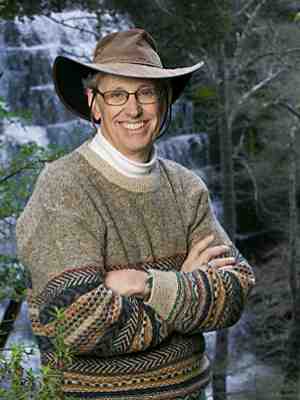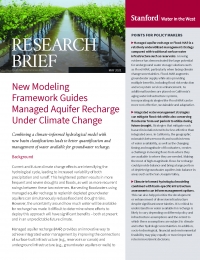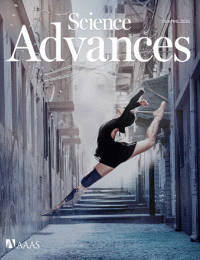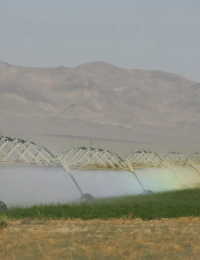
David Freyberg's diverse research interests include understanding surface-subsurface interactions in coupled reservoir/sediment/wetland/stream systems, quantifying and valuing hydrologic Ecosystem Services and Conservation, modeling sediment deposition and mobilization in sediment-impacted reservoirs, sediment management in small reservoirs, the hydrology of riparian wetlands, vadose zone dynamics in tropical coastal zones, and engineering pedagogy. In the past, he and his students have studied rainfall variability in Nigeria; flowfields around partially penetrating injection wells; field-scale experimental validation of models of flow and transport in aquifers; head, velocity, and concentration uncertainty in heterogeneous aquifers; enhanced numerical analysis techniques for simulating reactive, multi-component transport in aquifers; the characterization of spatial variability in natural geologic media and the construction of synthetic aquifers; the effects of state-dependent anisotropy on flow through the vadose zone; the role of diffusion and slow advection in transport through heterogeneous, saturated porous media; recharge from ephemeral channels; and the learning process during undergraduate research experiences in laboratories. He enjoys having students convince him of the excitement of new research questions.
Freyberg was a 1985 recipient of a Presidential Young Investigator Award. In 1993 and 2009 he received the Stanford School of Engineering Tau Beta Pi Award for excellence in undergraduate teaching. In 1994 he received a Stanford University Bing Fellowship for teaching excellence. He was the Landreth Family University Fellow in Undergraduate Education at Stanford for 2002-07, and in 2009 was awarded the School of Engineering’s Eugene Grant Award for Excellence in Teaching. From 1988-1992 he served as Associate Dean of Engineering for Undergraduate Education. He is the past chair of the National Research Council's Water Science and Technology Board. He is a co-author of the widely used text, Water-Resources Engineering.




![[Woods Logo]](/sites/default/files/logos/footer-logo-woods.png)
![[Bill Lane Center Logo]](/sites/default/files/logos/footer-logo-billlane.png)